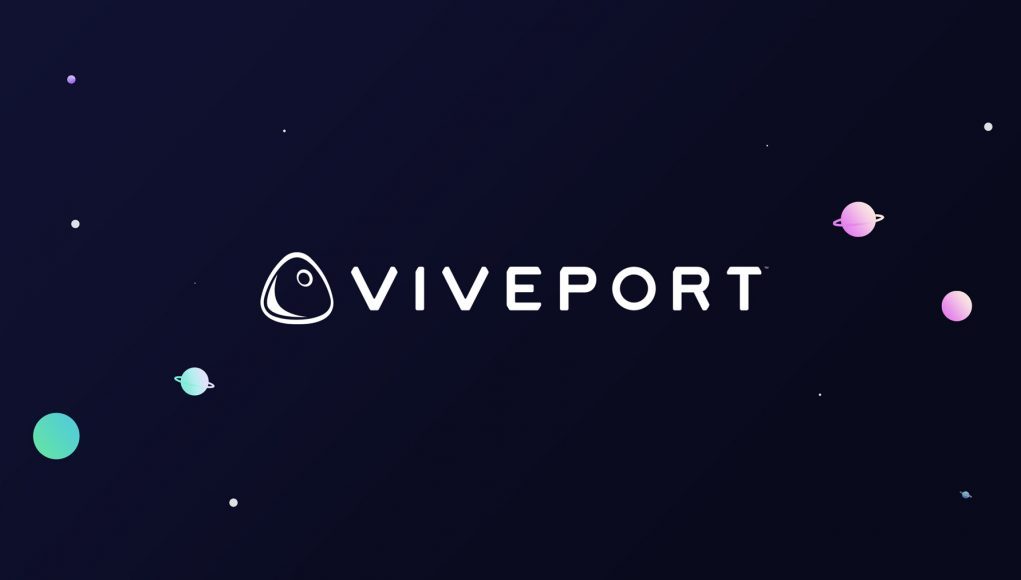HTC is sweetening the pot for VR developers selling content on its VIVEPORT VR storefront, on both PC VR and its standalone Vive XR Elite headset.
HTC announced today that it will be increasing the revenue share of sales made on its Viveport VR platform to 90%. That means the developer keeps 90% of the revenue from apps bought on the platform while the platform keeps only 10%.
Other major XR app stores—like Meta’s Quest store and Valve’s Steam store—generally give developers a 70% revenue share, while keeping 30% for the platform.
HTC says the new revenue split will apply starting on April 1st to new apps sold on both the PC VR and Vive XR Elite versions of Viveport . Existing apps already on those stores will get the improved share for sales going back to March 1st. The company hasn’t announced how long it will honor the new share. We’ve reached out for more info.
HTC says it’s making the change for the benefit of developers and the critical role they play in the XR industry.
“Developers are the heartbeat of the XR ecosystem—when they thrive, the whole industry thrives,” said Joseph Lin, General Manager of Viveport. “That’s why we’re introducing a generous 90% revenue share on purchases of apps and games on the Viveport store for developers to accelerate their growth. By putting more resources directly into the hands of the creators, we’re ensuring Viveport is at the forefront of driving growth for the XR community.”
This isn’t the first time HTC has sweetened the deal for developers using Viveport. The company has temporarily boosted developer revenue at several points over the years, including giving developers 100% of revenue at the tail-end of 2020.
While Meta’s Quest app store takes a fairly common 30% share of revenue for app sales, the company has been criticized for taking the same amount from apps sold on its App Lab store, which hosts ‘unlisted’ apps which can’t be found by browsing the main Quest store. The company has similarly been criticized for the revenue share structure of its Horizon Worlds social VR app, which keeps nearly 50% of digital goods revenue sold through the app.







